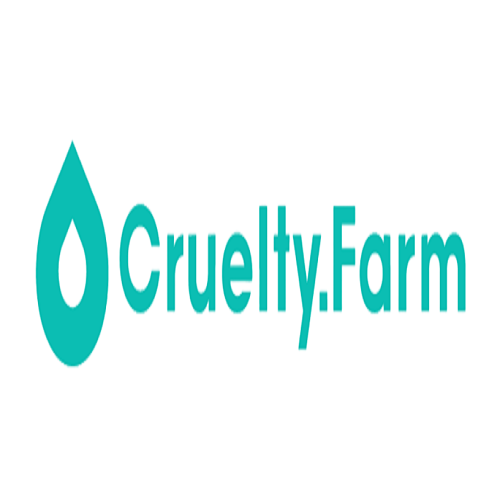
In a rapidly developing world driven by technology and consumption, the welfare of animals is often overlooked. However, the Animal Rights movement seeks to change this by advocating for the ethical and humane treatment of all animals. It stands on a simple yet profound principle: animals are not ours to exploit. They have their own interests, emotions, and needs—and deserve to live free from unnecessary suffering.
Animal rights go beyond preventing cruelty. They challenge deeply rooted systems of exploitation and aim to reshape how society views non-human life. At its core, the movement believes animals, as sentient beings, should have rights similar to those granted to humans, such as the right to live free from torture, exploitation, and death for profit.
What Are Animal Rights?
Animal rights refer to the belief that animals are entitled to certain moral and legal protections. Unlike animal welfare, which focuses on minimizing suffering in situations where animals are used (such as in farming, entertainment, or research), animal rights demand that animals not be used by humans at all. It’s the difference between improving conditions in a cage and arguing there should be no cage in the first place.
These rights are grounded in the scientific understanding that animals can feel pain, joy, fear, and love. Whether it’s a pet dog, a farm pig, or a wild elephant, each animal has the ability to suffer and the desire to live. Granting rights to animals means recognizing their intrinsic value—not just their usefulness to humans.
Major Issues in Animal Rights
1. Factory Farming
One of the largest sources of animal suffering today is industrial farming. Billions of animals are raised in overcrowded and inhumane conditions, where they are denied natural behaviors and subjected to cruelty, mutilation, and premature death. Chickens, pigs, and cows are treated as commodities rather than living beings. Animal rights activists campaign against this system, promoting plant-based diets and calling for a shift toward ethical, cruelty-free food sources.
2. Animal Testing
Animals such as rabbits, monkeys, and mice are routinely used in experiments for cosmetics, pharmaceuticals, and chemicals. These tests often cause significant pain and distress, despite the availability of humane alternatives. The animal rights movement urges governments and companies to adopt cruelty-free methods and eliminate unnecessary testing.
3. Entertainment and Sports
From circuses and zoos to bullfighting and horse racing, animals are used in various forms of human entertainment. Often, they are trained using fear and punishment, kept in unnatural conditions, and denied proper care. Animal rights advocates argue that wild animals belong in their natural habitats, not in cages or arenas for human amusement.
4. The Fur and Leather Industries
Animals such as minks, foxes, snakes, and cows are killed for fashion items like fur coats and leather bags. Many of these animals are raised and slaughtered in horrifying conditions. Today, alternatives such as faux fur and synthetic leather are widely available, making cruelty-free fashion both accessible and sustainable.
Legal and Ethical Progress
Across the globe, attitudes toward animals are shifting. Many countries have introduced laws banning animal testing for cosmetics, outlawing fur farming, or recognizing animals as sentient beings in law. While progress is uneven and enforcement varies, these changes signal a growing global awareness that animals deserve better.
Ethically, more individuals are embracing veganism, supporting animal sanctuaries, and demanding accountability from companies and governments. Social media has also played a huge role in spreading awareness and empowering people to act.
How You Can Help
Making a difference for animals can start with small, intentional changes:
- Choose cruelty-free and vegan products.
- Avoid circuses and attractions that exploit animals.
- Adopt pets from shelters instead of buying them.
- Reduce or eliminate meat and dairy consumption.
- Support animal rights organizations and campaigns.
Conclusion
Animal rights are not a luxury or a trend—they are a moral imperative. By respecting the lives of animals and recognizing their right to live free from harm, we also build a more compassionate and just society. Every creature, no matter how small or different, has the right to a life without suffering. The responsibility to protect them lies with us all.